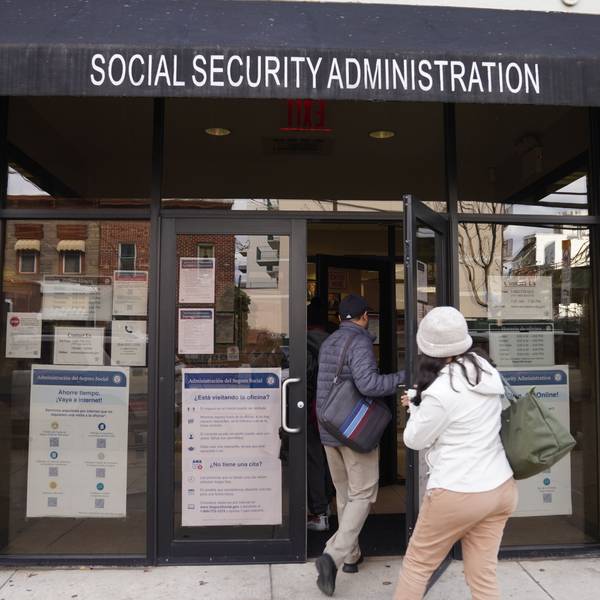Uh oh! The Social Security Administration is out to "enhance program integrity" and "maintain appropriate stewardship" by increasing the frequency of "continuing disability reviews," known as CDRs, to which disabled people who receive Social Security payments are subjected. This is an ominous development indeed.
Everyone receiving Social Security support for disability reasons will be subjected to a CDR sooner or later. It's the type of high-stakes reevaluation that everyone needing disability-based public support has had to endure, where you must prove that you are still disabled enough to qualify.
Having to undergo a CDR ratchets up your stress into outer space. Even if you're just as disabled as you always were, and have the necessary medical documentation to prove it, you never know. We've all heard horror stories about people with actual disabilities who got cut off by some rogue computer or bureaucrat. Or maybe someone forgot to dot an i or cross a t, which is grounds for disqualification. Or maybe the bureaucracy "misplaced" the documentation. Or maybe a lot of other things. The road to reevaluation is a minefield.
Having to undergo a CDR ratchets up your stress into outer space.
Currently, disabled folks who fall into the category of Medical Improvement Expected get a CDR every six to eighteen months. Those categorized as Medical Improvement Possible get a CDR every three years. Those in the third category, Medical Improvement Not Expected, only have to go through the process every five to seven years.
But in November, the Social Security Administration proposed adding a fourth category called Medical Improvement Likely, which would require a review every two years.
The proposed rule change, which currently appears in the Federal Register, argues that "some" people improve to the point where they're no longer disabled enough to remain eligible in the gap between the eighteen-month and three-year review periods. Putting people with those disabilities in this new category would enable the agency to detect their medical improvement earlier.
Maybe so. Or, considering how the squatter currently occupying the White House operates, it could just be a cowardly way to cut deserving people off Social Security disability rolls. Some people think that's what's going on here. Senator Bob Casey, Democrat of Pennsylvania, told the Philadelphia Inquirer that the move "appears to be yet another attempt by the Trump Administration to make it more difficult for people with disabilities to receive benefits."
Stepping up reevaluations is a good way to begin such a purge. Even when people are permanently disabled, the more frequent and onerous the reevaluation process becomes, the harder it is for them to keep up.
It's a tried and true sneaky tactic. When Arkansas imposed federally approved work requirements on Medicaid recipients in 2018, more than 18,000 people were disenrolled just for failing to keep up with reporting their work status. A federal judge stopped the state from enforcing the work requirements last March.
By spinning people around faster and faster like that until they're too dizzy to know what's going on, the squatter and his bunch accomplish their dream of cutting anyone they can from Social Security. And then they can say all they're trying to do is "enhance program integrity" and "maintain appropriate stewardship."
Who could argue with that?




